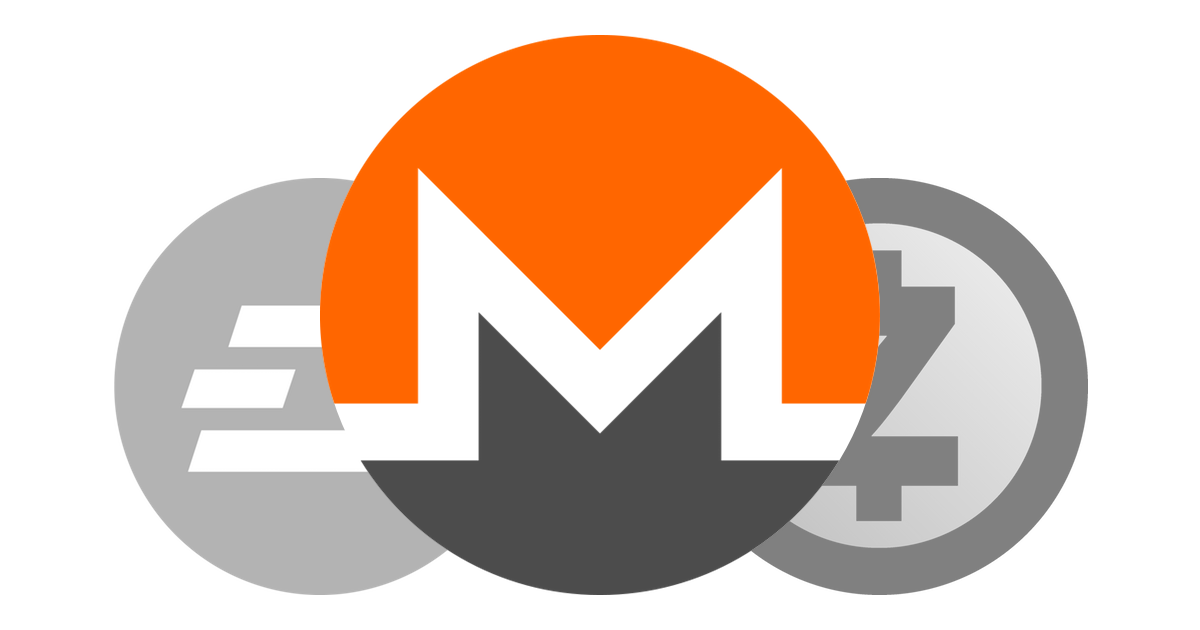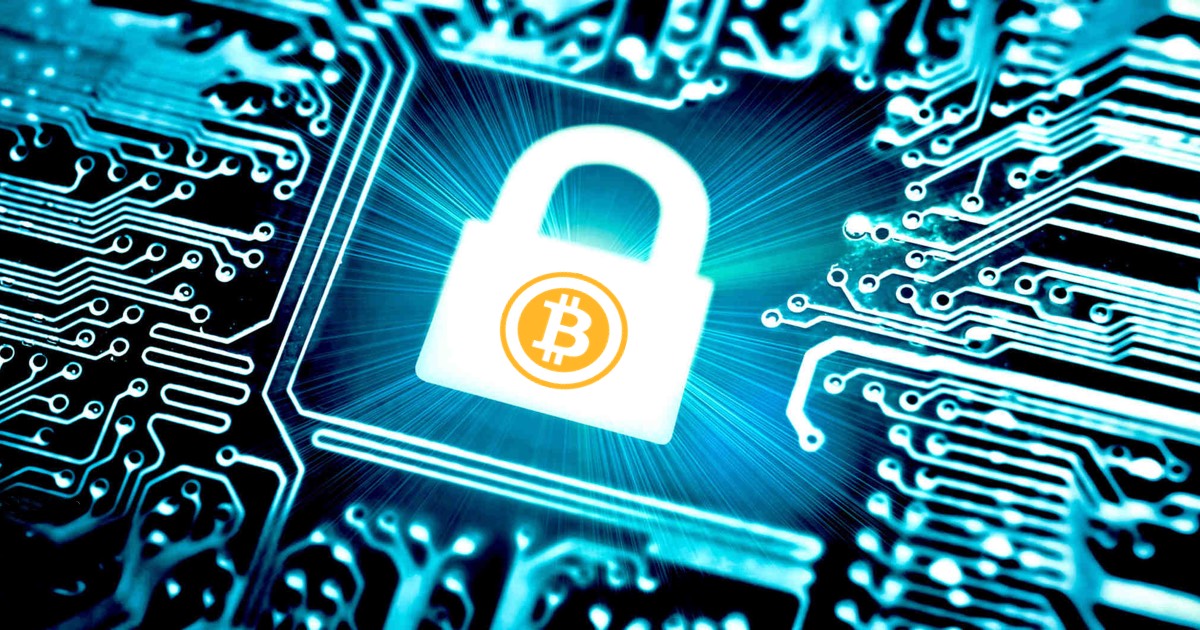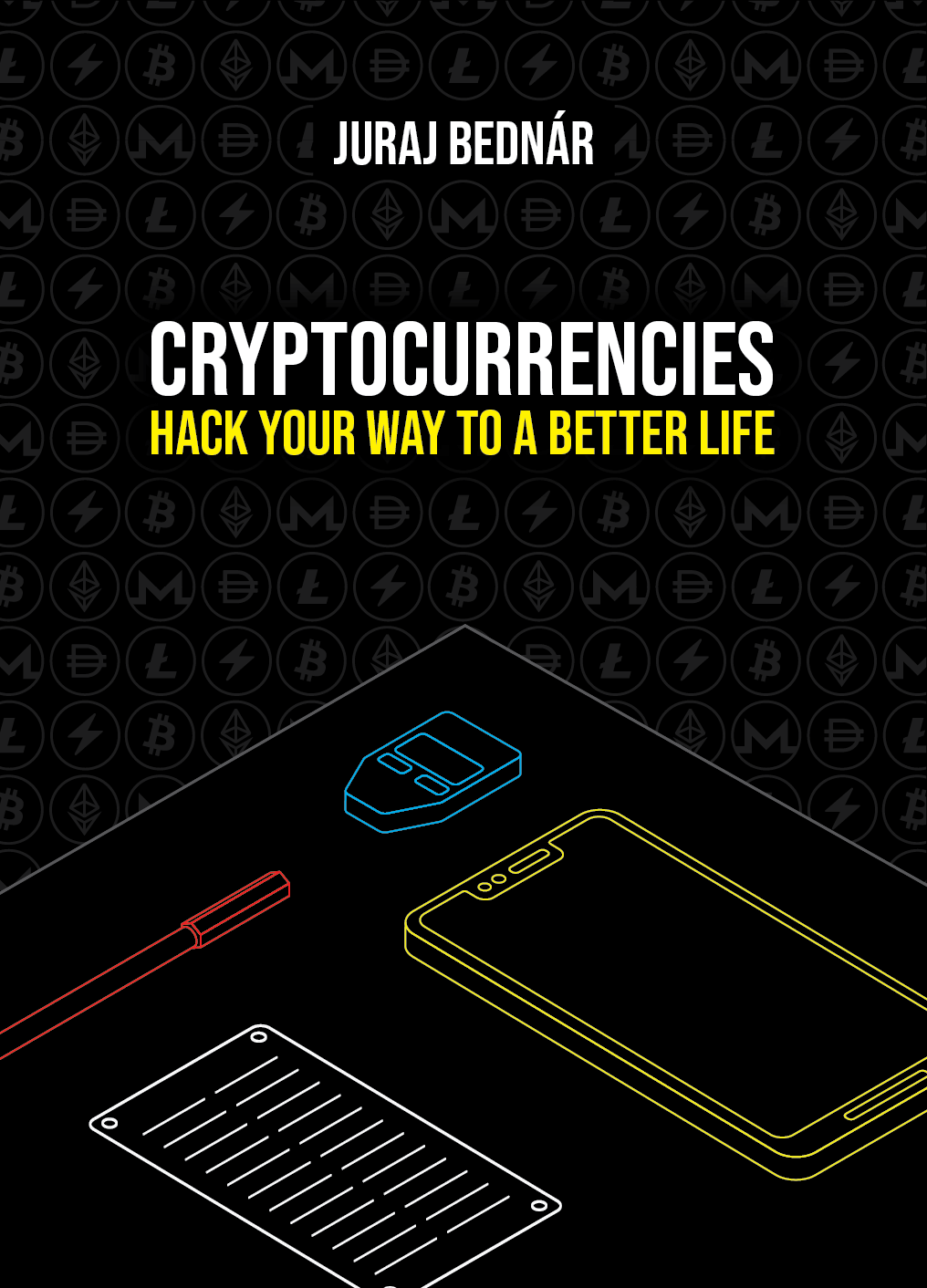Top 5 Reasons Monero Will Become the Most Widely Used Private and Anonymous Cryptocurrency

With the recent crackdown on AlphaBay dark market it's more important than ever to use tools that offer strong privacy and anonymity.
You don't necessarily have to be a drug dealer to be in genuine need for privacy.
Governments will use any arbitrary reason to throw you in prison, so for this reason alone, you should protect your online identity at all cost.
When it comes to online payments, one such tool fitting the description is Monero.
It's a fully anonymous cryptocurrency which unlike Bitcoin, makes your wealth absolutely private and fungible.
It uses crypto technologies that prevent anyone from tracking down your payments as well as transacted amounts.
In fact, it's so anonymous that feds couldn't even figure out how much the owner of AlphaBay had in his possession.
Monero is so private that law enforcement can't figure out how much the AlphaBay owner had; not so with the other cryptocurrencies. pic.twitter.com/nLat3k0ZVQ
— Riccardo @ BH/DefCon (@fluffypony) July 20, 2017
I'm not a big fan of altcoins, but Monero's privacy properties make it a very interesting technology with a lot of potentials.

Here are my 5, mostly non-tech reasons why I think Monero will become the most widely used anonymous cryptocurrency in the future.
#1 Fewer attack vectors and less attack surface
I consider humans the biggest point of failure of any system, no matter how technologically advanced.
Having benevolent dictators and legal entities (companies, foundations etc) directly involved with the development of cryptocurrencies is bad for decentralization and even worse for security and privacy.
Just imagine government organizations threatening main characters behind certain cryptos. They could easily force them implementing (not so obvious) anti-privacy and de-anonymization features. If done right, these malicious changes would likely be accepted by the community since core people involved are very popular and sometimes even idolized.
For that reason, I wouldn't bet on currencies such as Litecoin, Ethereum, and Zcash from the long-term perspective. They all have their popular benevolent dictators that could be coerced into fucking over their users.
Since Zcash is the main competitor to Monero offering privacy let's have a look at its main weaknesses on this front.
Zcash is privately owned and developed by Zerocoin Electric Coin Company (ZECC). Its CEO Zooko Wilcox-O'Hearn is a well-known person and since he and his company are based in the US he has to adhere to local laws, which are pretty fascist when it comes to online privacy.
In the event of the company or Zooko himself being under a scrutiny of certain government organizations, the value and the whole idea of Zcash would likely dissolve.
The reason being is that its users view Zooko as unseparable part of Zcash and if he disappears it's safe to assume the value goes with him.
What's worse, government agencies likely won't even have to force Zooko to cooperate, since he doesn't care about total privacy and fungibility of users' money in the first place.
And by the way, I think we can successfully make Zcash too traceable for criminals like WannaCry, but still completely private & fungible. …
— zooko (@zooko) May 13, 2017
Statements like these make you wonder why would anyone want to use an "anonymous" cryptocurrency which can be de-anonymized at will.
Monero has its own challenges, but the human-factor is greatly minimized by its development structure.
#2 Community funded and developed
Since Monero isn't funded and developed by any legal entity, it's more difficult for governments controlling its faith.
Monero development is done by 30 or so core developers based all around the world with the help of hundreds of other contributors.
It is similar to Bitcoin's development which is already fairly decentralized but Monero took funding particularly to the whole new level.
With Bitcoin, Core developers are either self-funded or they have their regular donors among institutions and companies. You as an individual can't in any way publicly influence what features will be implemented. This might give an impression of more decentralization but also lacks any market feedback.
Bitcoin may then end up with features that nobody wants to use, as was, for example, the case in the early times of multi-signature wallets.
On the other hand, Monero development is also self-funded to a certain extent but with an addition of feature bounties. Anyone with technical skills is free to propose a feature and any development team willing to implement it can claim the bounty.

Cryptocurrencies – Hack your way to a better life
My "favorite" payment network is Monero. While I don't find the token economy all that useful (I doubt very strongly that Monero as a cryptocurrency will “go to the moon”), it does have its very interesting uses.
Unlike Litecoin, Dash and Bitcoin Cash, Monero is not based on Bitcoin. You don't directly see addresses or amounts in the Monero blockchain. Each transaction is automatically "mixed" with other transactions. The Monero blockchain also hides the amounts of each transaction.
This way, priority features demanded by the market will make it into the release cycle faster than some other code. The free market in this area further decentralizes development since it is users and not wealthy corporations and interest groups who decide the future of the cryptocurrency.
In comparison, Zcash is funded by 20% tax from each minted block which goes directly to Zooko and people around him.
I find this kind of "social welfare" strange given there aren't any incentives for devs to develop demanded features as long as they keep up with the great marketing they've been doing so far.
But hey, it's voluntary so if you have Stockholm syndrome and you like to pay tax, there's nothing wrong about it.
#3 Privacy ON by default
Monero is often criticized (mostly by Zcash fans) that it doesn't offer complete anonymity.
While it's true that the anonymity set in Monero might be smaller (it grows with the blockchain size though) than that of Zcash, Monero is anonymous by default.
Unlike Zcash, Dash and other privacy-oriented cryptocurrencies, every Monero transaction automatically uses Ring CT (a mix of confidential transactions and Pedersen commitment) and stealth addresses providing strong privacy and fungibility for everyone, not just those that desire it.
This kind of approach is an absolute necessity for every anonymous cryptocurrency, because what's the anonymity and privacy for if it isn't an integral part of the system?
Take Facebook as an example. Facebook Messenger offers end-to-end encryption for quite some time.
Bob may send his encrypted messages directly to Alice without anyone being able to read its content (or at least that's what Facebook claims).
However, if Bob as a privacy-conscious person receives a plain-text message from Alice which doesn't care about online privacy whatsoever, every Bob's attempt at being anonymous is thrown out of the window.
It just takes a single message from Alice to Bob that isn't according to Facebook standards or local laws, and Bob may find himself under the scrutiny of the law enforcement and the judicial system.
#4 Scaling issues
A cryptocurrency scaling became a big topic ever since Gavin Andresen and Mike Hearn politicized a purely technical issue in Bitcoin.
I won't lie, I think Monero scales badly. An average Ring CT size is staggering 13kb comparing to Zcash's 2kb or Bitcoin's 300 bytes.
Based on the current usage, Monero's blockchain should be growing on average around 29.5GB per year (it's way less in reality, though).
Fortunately, the data size itself isn't the only variable that needs to be taken into consideration when talking about scaling. There are at least three other components: bandwidth, CPU, and RAM.
Because Monero blocks have a dynamic size and transactions are fairly large, bandwidth consumption is pretty significant and will get worse over time. The 120 seconds block time mitigates it to a certain point but more improvements will need to be done.
On the other hand, construction and verification of a transaction takes milliseconds comparing to Zcash where it takes around 40 seconds on a "standard" computer and needs at least 4GB of RAM.
Please have a look at this report, namely "2.1 Efficiency & Scalability Implications".
Since progress in the RAM market is quite limited and costly (unlike bandwidth and storage), a valid concern is raised regarding Zcash scalability.
If Monero's blockchain size limits its usability, RAM and CPU requirements make it even worse and costlier for Zcash in this regard.
#5 Utility
Bitcoin started gaining traction mostly because of dark markets adopting it as a form of payment for goods and services.
The single most important non-privacy feature or property of a currency is its utility.
If you can't use it in the real world, it's worthless (apart from speculations).

Monero, unlike most other cryptocurrencies with very high market capitalization, is being used by several dark markets which take advantage of its privacy features.
It's not the kind of usage we'd want to see but as I mentioned earlier, Bitcoin started off the same way and made it into an officially recognized payment method in Japan.
I believe this kind of use in the early stage is beneficial to the currency because it gets thoroughly tested outside of the lab.
The stigma of the currency being used for buying drugs will stick with it forever. However, the real world usage greatly helps with the confidence and acceptance among ordinary people.
If you're interested in trying out Monero, some of the dark markets that accept it are Trade Route, Wall Street and Zion Market. There's plenty of quite legal goods and services that you may purchase, so just by shopping there, you aren't necessarily breaking any law. Please note, that you will need Tor browser to access the deep web.
To be fair, Monero isn't used just at dark markets for illegal activities.
Seychelles-based VPN company NordVPN (and few others) lets their customers pay for VPN services in XMR.
Private browsing and private cryptocurrency make it a great choice for independent journalists, political dissidents and other potentially dangerous people for the establishment.
Also, if for nothing else, it helps you clear your bitcoin's transaction history. Some would call it a money laundering, I call it just the way it is - Bitcoin's privacy enhancement.
Despite the absence of easy-to-use tools and light wallets, Monero's utility is already greater than that of most well-established cryptos that mostly exist in a theoretical space.
We could only guess what could happen once more tools become accessible to non-technical people.






